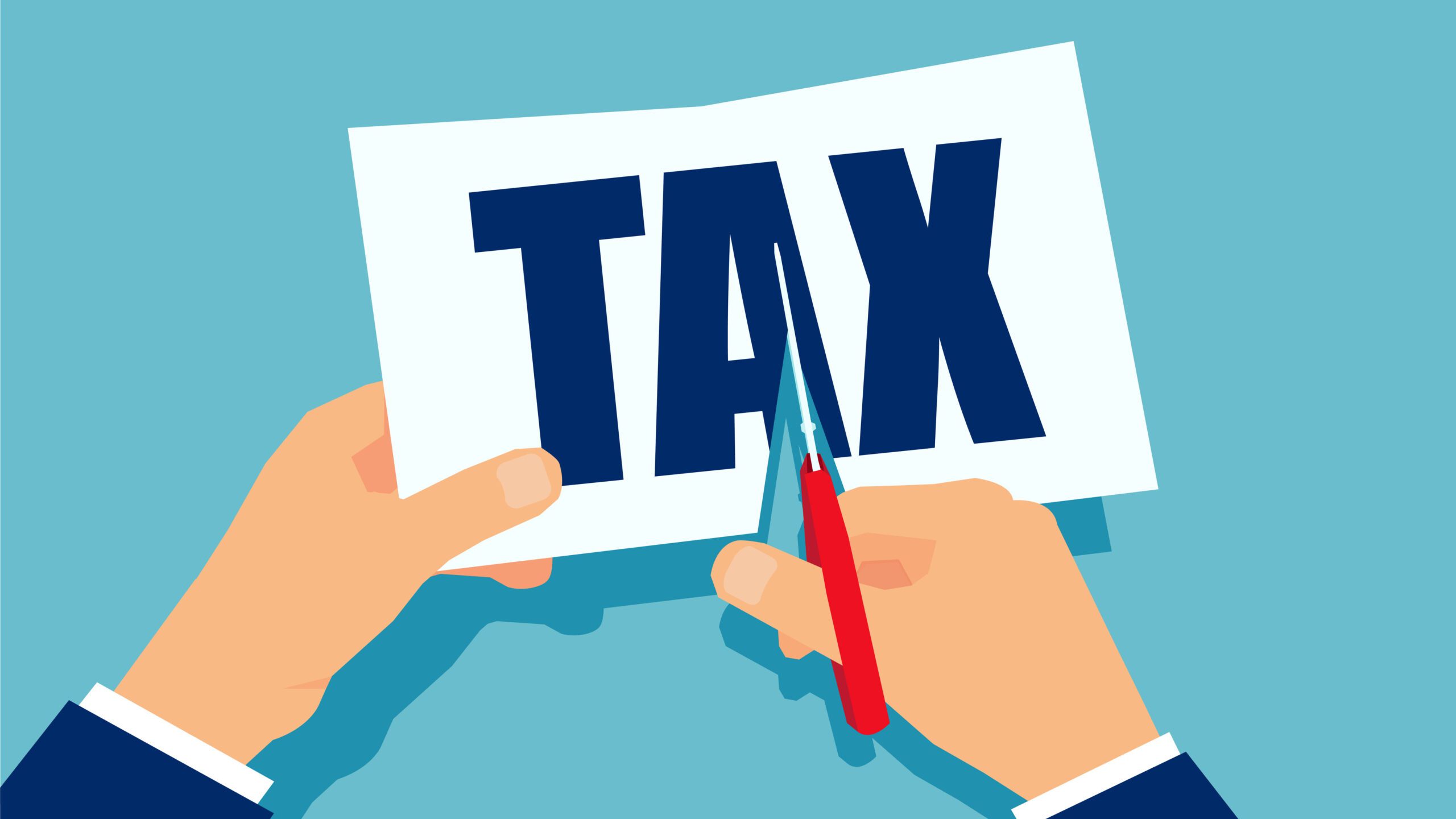A summary of the list of recommendations on the implementation of the OBBBA in Colorado regarding public benefits systems and work requirements.
Recent articles
CCLP testifies in support of Colorado’s AI Sunshine Act
Charles Brennan provided testimony in support of Senate Bill 25B-004, Increase Transparency for Algorithmic Systems, during the 2025 Special Session. CCLP is in support of SB25B-004.
Coloradans launch 2026 ballot push for graduated state income tax
New ballot measure proposals would cut taxes for 98 percent of Coloradans, raise revenue to address budget crisis.
CCLP statement on the executive order and Colorado’s endless budget catastrophe
Coloradans deserve better than the artificial budget crisis that led to today's crippling cuts by Governor Jared Polis.
CCLP testifies in opposition to reduction in state income tax

On Thursday, February 27, 2025, Chaer Robert, CCLP’s Emeritus Advisor, provided testimony to the Senate State, Veterans, & Military Affairs Committee in opposition of Senate Bill 25-138, Permanent Reductions to State Income Tax. CCLP is in opposition of SB25-138.
Note: House Bill 25-138, Permanent Reduction to State Income Tax, sponsored by Senator John Carson (R-Douglas County) would have permanently reduced the state income tax rate from 4.40 percent to 4.25 percent for tax years 2025-2034. For tax year 2035 and later it would eliminate the state income tax. The bill would lower state revenue by about $450 million per year in the near future. Elimination of the state income tax in 2035 would reduce revenues by $18 billion per year. Most witnesses opposed the bill, highlighting our state’s current budget problems and likely reductions in services, especially related to health care and education. CCLP’s testimony focused on how income tax rate cuts provide no benefit to large swaths of our population. The bill died in Senate State, Veterans & Military Affairs Committee on a 3-2 vote.
Thank you, Mr. Chair and Members. I’m Chaer Robert representing the Colorado Center on Law and Policy. CCLP is an anti-poverty organization fighting for the rights of all Coloradans.
Since the state income tax rate was reduced from 5% to 4.75% in 1999, I would constantly disagree with those who said, “an across-the-board income tax rate cut benefits everyone.” As spelled out in the Demographic Note, “those with income too low to owe income taxes benefit not at all.” For example, a couple earning under $29,200 per year would not get any tax reduction from this bill, since their income is less than the federal standard deduction for 2024. In fact, they lose much of any TABOR refund they would otherwise get (see Table 2A of the Demographic Note, page 7).
State level TABOR refunds are rebated through income tax filing for ease of administration, but represent both sales tax and income tax collections. According to the 2022 Department of Revenue Tax Profile and Expenditure Report (page 200), the lowest income Coloradans pay the highest percentage (7.6%) of their incomes in state taxes, while those earning above $200,000 per year pay the lowest percentage of their income (4.1%) in state taxes, primarily because of our higher sales tax and flat income tax rate.
Does this bill help older Coloradans? The Demographic Note does not analyze bills by age. Since those of us over 65 already get extra income tax breaks, most older adults are unlikely to benefit from the bill’s passage. Why?
- Seniors have a higher standard deduction. If a couple are both 65 or older, $32,300 is deducted from taxable income instead of $29,200.
- Those 65 and older pay no state income tax on any Social Security earnings (effective with HB21-1311).
- The first $24,000 of retirement income for each individual 65 or older is not taxed. So, individuals are not taxed for any Social Security income OR up to $24,000 each in overall retirement income, whichever is greater.
This means a couple both 65 or older likely do not pay Colorado income taxes unless their income exceeds $80,300. For an individual filer over 65, their income would need to exceed $38,600. For most seniors, the main impact of this bill would be a much smaller TABOR refund.
Please oppose SB138.
Chaer Robert
Emeritus Advisor
Colorado Center on Law and Policy
Update: SB25-138 was postponed indefinitely on 2/27/2025.
